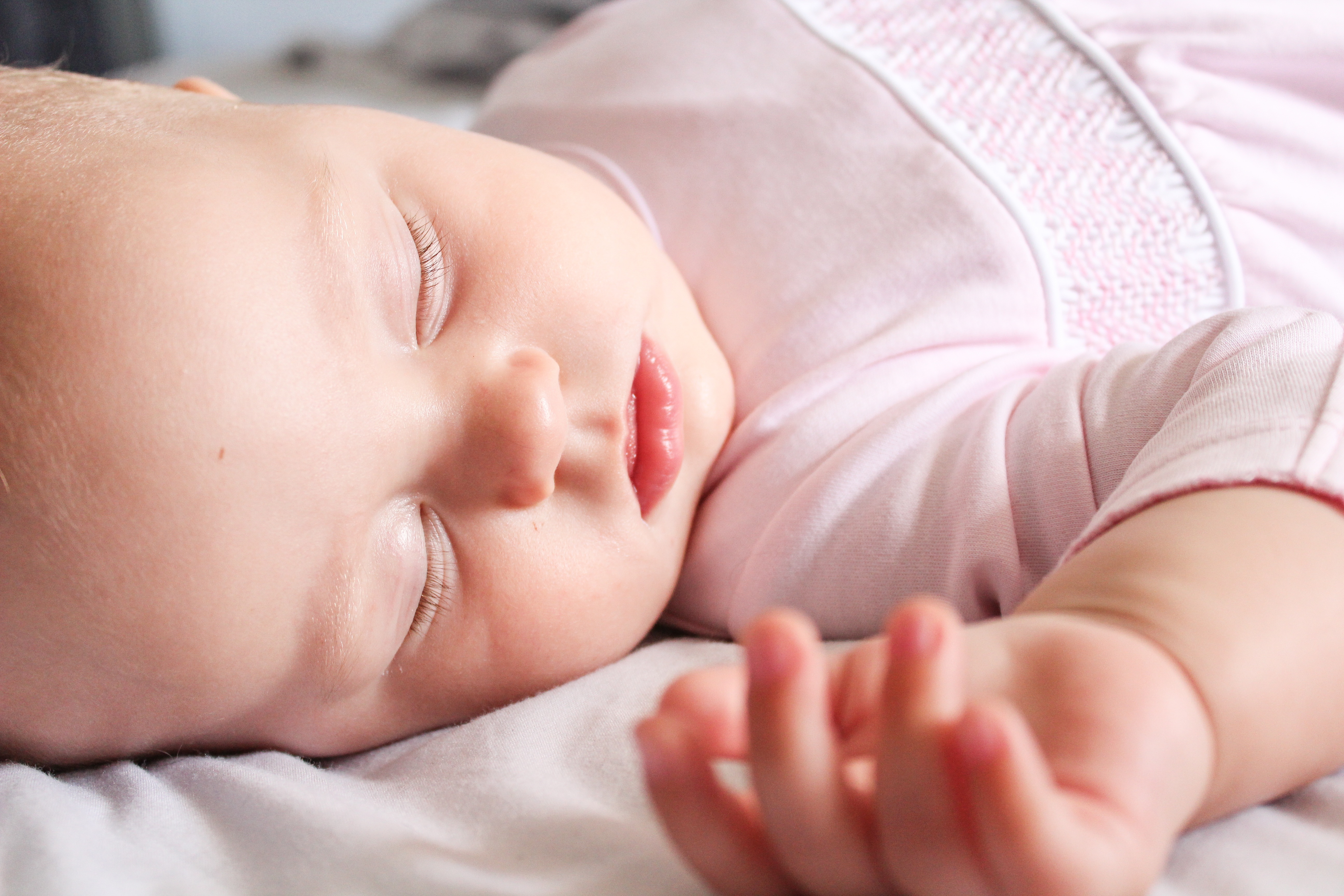You’ve probably read so much about baby sleep that you find it hard to know what works and what doesn’t.
Here, I debunk three common sleep myths.
Myth 1: Keeping your baby up will help them sleep for longer
Keeping baby awake past their natural wake window causes overtiredness and your baby may wake more regularly and wake earlier in the morning. Being overtired causes an increase in cortisol, making it hard for them to fall asleep and stay asleep. In the early hours of the morning, our bodies naturally produce cortisol, and with sleep getting lighter and lighter, added to increased levels of the hormone, your baby will most likely find it very difficult to stay asleep and will start their day earlier.
Myth 2: Sleep your baby in a light room during the day
Natural light is the biggest indicator to your baby that they should be awake as they can see the world around them. This makes it hard for them to settle to sleep, and resettle if they wake after a short nap. The darkened environment facilitates the production and release of melatonin, helping your baby become calm, relaxed and ready for sleep. Your baby came from a dark, warm womb so replicating that environment for all sleeps, day and night is very comforting and can make it easier for them to settle and sleep well during the day.
Myth 3: Never wake a sleeping baby
It may be necessary to wake a newborn during the day for feeds as we want to ensure they are getting adequate calories to facilitate weight gain – this can also help baby establish between day and night confusion. With older babies from around six months of age, you may need to wake them from naps. Every baby has a average sleep requirement. If they are taking longer naps during the day it can impact on subsequent naps and the amount of night sleep they need. Waking them from naps and allowing their daily sleep schedule to develop a pattern can help regulate their internal body clock and allow for more settled sleep both day and night. I also suggest capping naps if the required number of naps are not fitting into the daytime hours and then impacting on bedtime at night.










